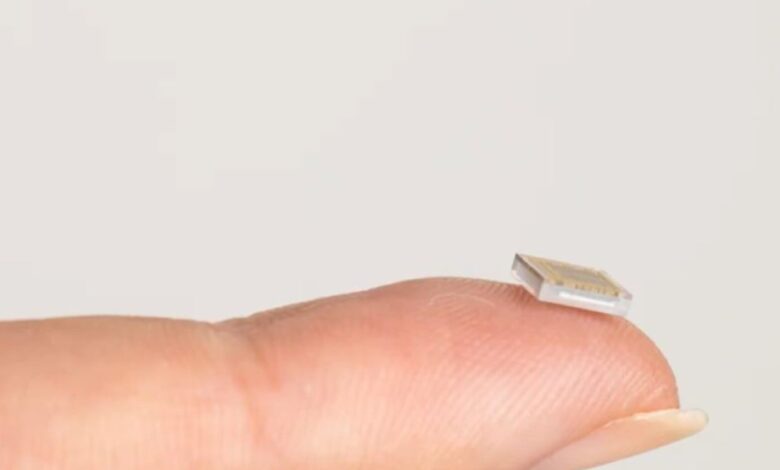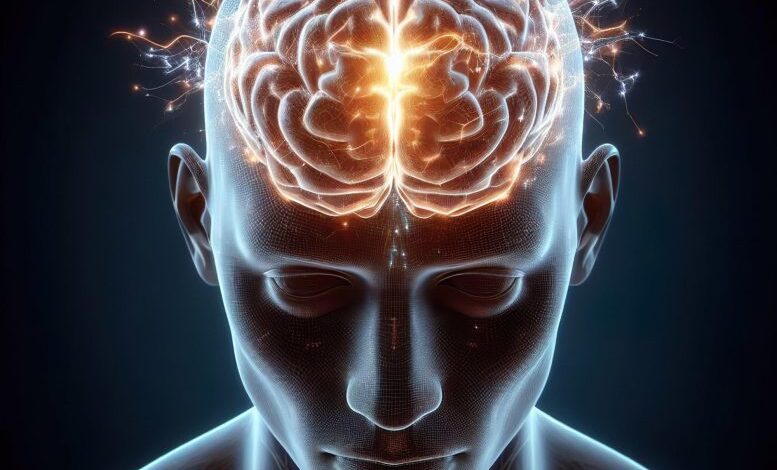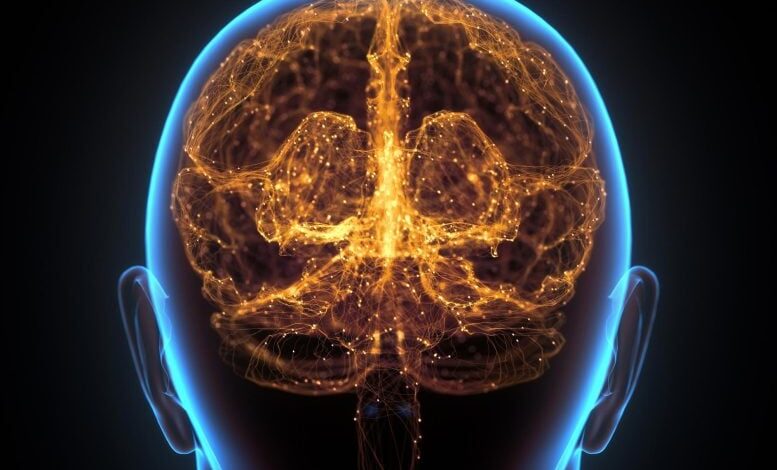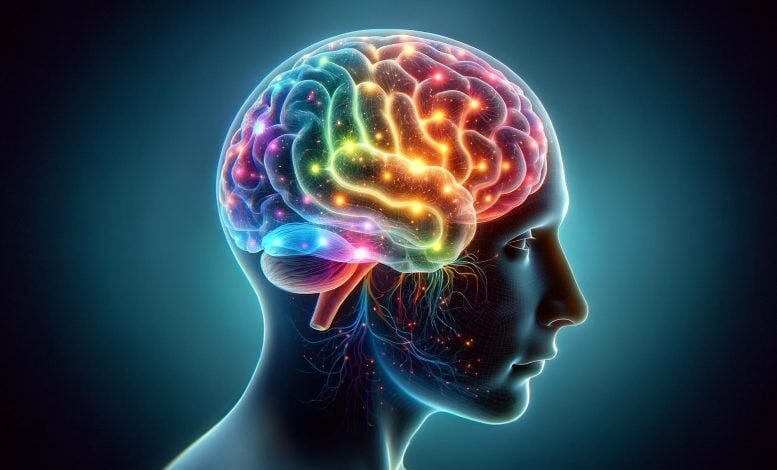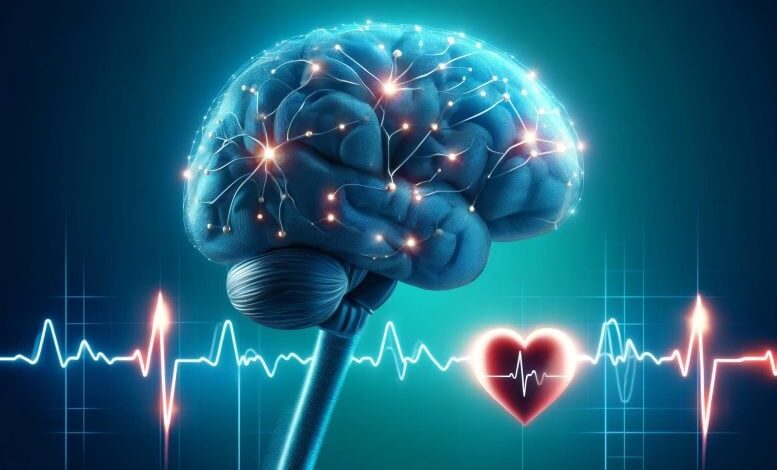AniTech, the developer of an artificial intelligence (AI) platform to detect early signs of depression, plans to launch its technology…
Read More »Depression
The hospital said the project has passed ethical reviews and it will recruit adults with depression as patients in further…
Read More »Recent research highlights that transcranial magnetic stimulation (TMS) could be optimized for individual patients with depression by using a new…
Read More »A study found sex differences in brain pathways involved in reward-related behaviors. Understanding these differences may lead to better treatments…
Read More »EPFL researchers are advancing non-invasive brain stimulation methods to target and modify deep brain regions involved in neurological disorders. Their…
Read More »Antidepressants like SSRIs work by boosting neuroplasticity and connectivity in the brain, offering a fresh perspective on their role in…
Read More »A study by Brigham and Women’s Hospital suggests that monitoring heart rate during transcranial magnetic stimulation (TMS) could help pinpoint…
Read More »Researchers at Stanford Medicine have identified six biological subtypes of depression using brain imaging and machine learning, paving the way…
Read More »A systematic review and meta-analysis on antidepressant discontinuation found that while one in three people reports symptoms upon stopping, half…
Read More »Research indicates that long-term depression from young adulthood negatively impacts cognitive function by middle age, with greater effects seen in…
Read More »
